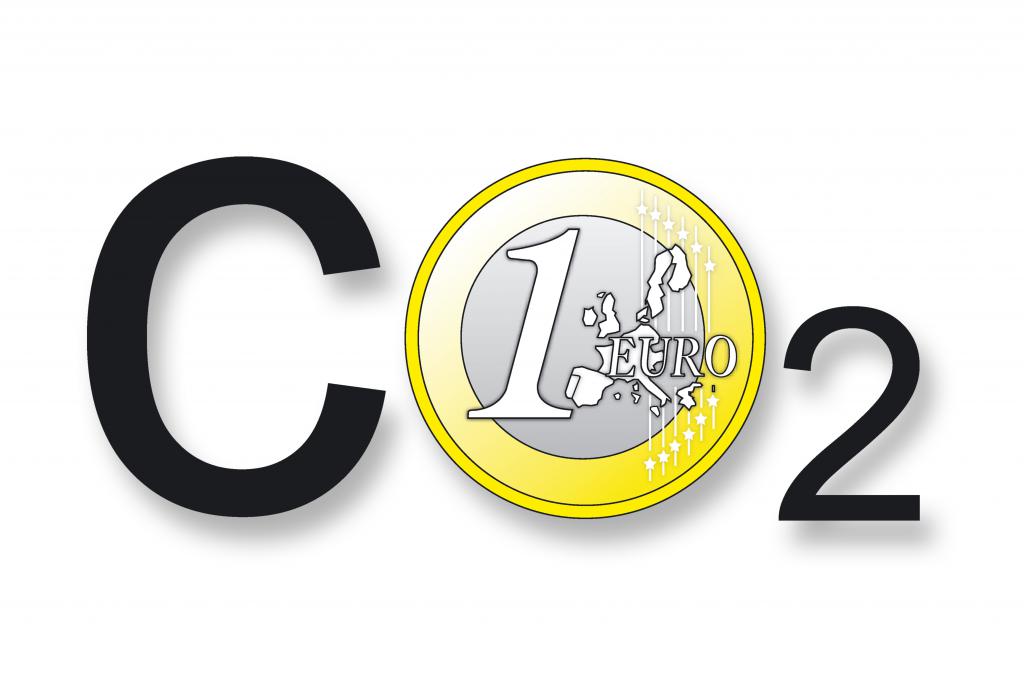The clock is ticking to meet the Paris goals and limit global warming below 2 degrees Celsius by 2050. The EU has already shown a strong leadership to reduce greenhouse gas emissions at global level with the 2030 climate and energy framework and its long-term vision to become carbon neutral by 2050. However, EU leaders in June 2019 fell short of committing to the mid-century target as Poland, the Czech Republic, Hungary are withholding their consensus over concerns about the costs and economic impact of such a goal.
Pressure is growing to do more and some member countries – chief among them France – called for a European carbon tax at the EU’s borders. This call was also echoed by European Commission President-elect Ursula von der Leyen in front of the European Parliament in last July. Applying a tariff on imports based on their carbon content would allow the bloc to limit imports from countries with laxer climate regulations and ensure a global playing field to limit “carbon leakage”. While this is not a new idea, implementing such a tax comes with challenges. Legal experts have disagreed on whether WTO rules would allow carbon border taxes. And even then, it risks triggering retaliatory action from Europe’s trading partners.
Questions to be addressed include:
- How can it be designed so as to be compatible with global trading rules?
- How can it be designed to comply with global trade rules?
- Will a carbon border tax help European companies to be more competitive abroad?
- How should the tax be collected in practice? And on which products?
- How realistic is this? What are the alternatives?
- What would be the consequences to implement a carbon tax at the EU border? What does it mean for Europe’s future relationship with its trade partners like China and U.S.?
Follow us on Twitter, using # CO2bordertax
We will be holding this event virtually.
Schedule
Tuesday, October 13, 2020
4:30 PM CEST Welcome remarks by POLITICO’s moderator: Jakob Hanke Vela, reporter, POLITICO @HankeVela Jakob Hanke Vel , reporter, POLITICO @HankeVela
4:35 PM CEST Introductory remarks by PKEE
4:40 PM CEST Panel discussion followed by Q&A
- Jennifer A. Hillman Senior Research Fellow for Trade and International Political Economy, Council on Foreign Relations
- Diederik Samsom , Head of Cabinet of the European Commission's Executive Vice-President for the European Green Deal, Frans Timmermans
- Frank Schulz , CEO and Chairman of the Board, Germany, ArcelorMittal
- Kathleen van Breempt, MEP (S&D, Belgium), coordinator in the INTA Committee
5:30 PM CEST Closing remarks
REGISTER HERE https://www.politico.eu/event/registration/1271530/

